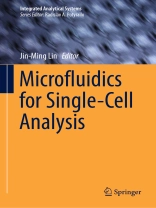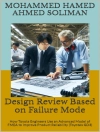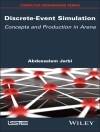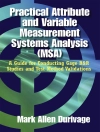This book summarizes the various microfluidic-based approaches for single-cell capture, isolation, manipulation, culture and observation, lysis, and analysis. Single-cell analysis reveals the heterogeneities in morphology, functions, composition, and genetic performance of seemingly identical cells, and advances in single-cell analysis can overcome the difficulties arising due to cell heterogeneity in the diagnostics for a targeted model of disease. This book provides a detailed review of the state-of-the-art techniques presenting the pros and cons of each of these methods. It also offers lessons learned and tips from front-line investigators to help researchers overcome bottlenecks in their own studies. Highlighting a number of techniques, such as microfluidic droplet techniques, combined microfluidics-mass-spectrometry systems, and nanochannel sampling, it describes in detail a new microfluidic chip-based live single-cell extractor (LSCE) developed in the editor’s laboratory, which opens up new avenues to use open microfluidics in single-cell extraction, single-cell mass spectrometric analysis, single-cell adhesion analysis and subcellular operations. Serving as both an elementary introduction and advanced guidebook, this book interests and inspires scholars and students who are currently studying or wish to study microfluidics-based cell analysis methods.
Spis treści
Advances of single-cell analysis on microfluidics.- Microfluidic technology for single-cell capture and isolation.- Single cell culture and analysis on microfluidics.- Droplet microfluidic technology for single cell manipulation.- Droplet-based microfluidics for single cell encapsulation and analysis.- Microfluidics for Single-Cell Genomics.- Microfluidics-mass spectrometry combination systems for single cell analysis.- Micro/nano fluidics-enabled single-cell biochemical analysis.- Microfluidic chip based Live Single-Cell Probes.
O autorze











